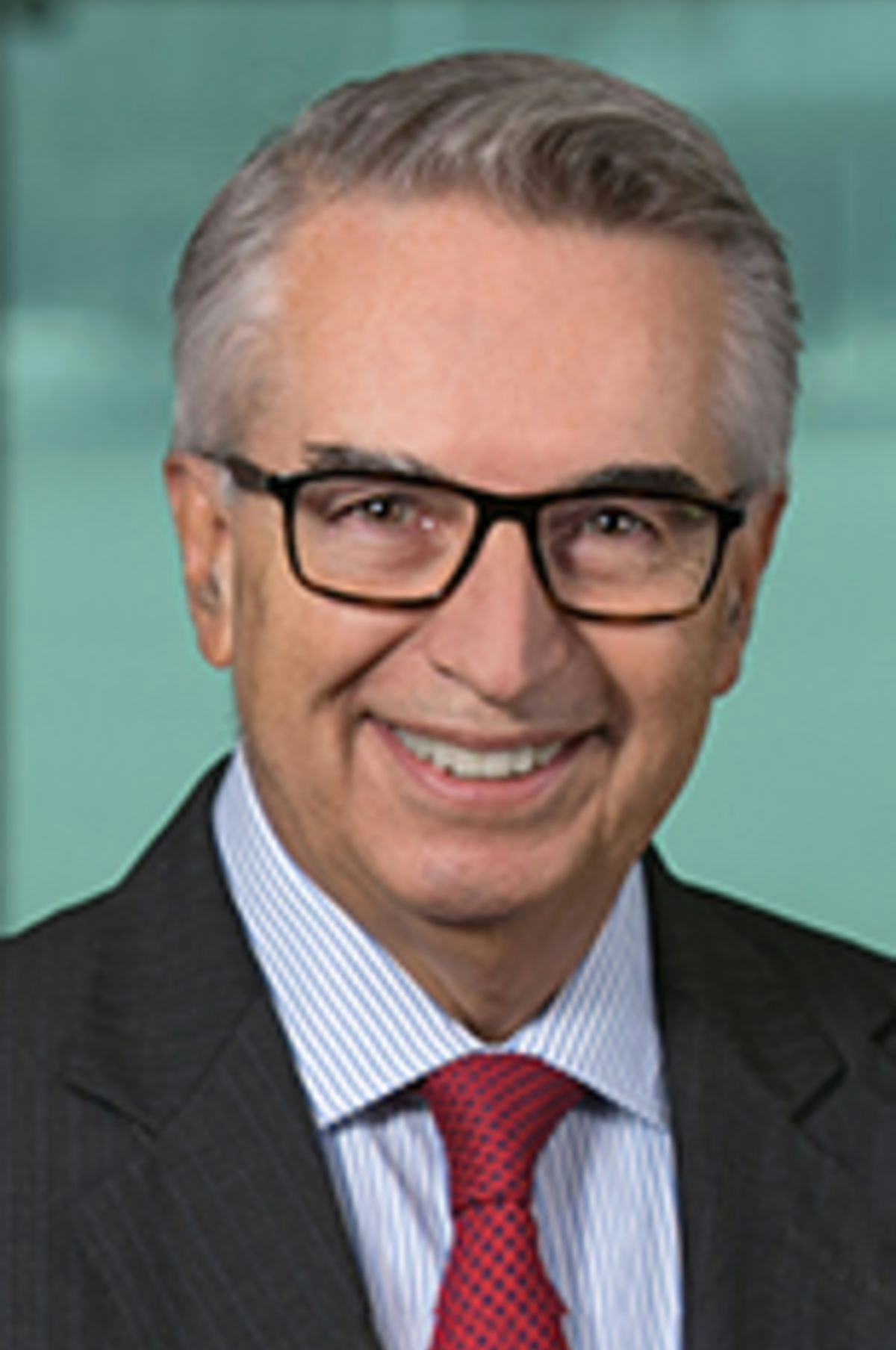New Shulman Chair Trusts Instincts for Innovation in Designing the Future of Work
Dr. Jeffrey Nickerson Leverages Industry Experience, Research Insights in Preparing the Next Generation of Business Leaders at Stevens
As Dr. Jeffrey Nickerson assumes his new role as the Steven Shulman ’62 Endowed Chair for Business Leadership and Professor of Digital Innovation at Stevens Institute of Technology, it marks a logical next step in a career defined by the chase to uncover and understand technology’s role in shaping the future of work.
“Almost universally, the business leaders who have innovated have been the ones who are taking chances,” he said. “They recognize the opportunity and have a sense of a technology that’s maybe not perfectly defined yet but deserves attention, resources and time to grow more.”
It’s been a common thread in his work at the School of Business, where he’s spent the past four years as associate dean of research. An expert in collective intelligence, Dr. Nickerson explores the ways humans and machines collaborate in order to develop a framework for understanding how artificial intelligence will augment jobs. To that end, he’s currently a co-PI on an NSF grant that is building a cooperative research network to consider the future of A.I. and machine learning at work. This new role will allow him to delve even deeper into this research and incorporate his findings into the school’s curricula.
“Digital innovation is how companies redefine their strategies, so a lot of the research we do in this field is to try to become more refined about pinpointing how things will shift, thereby giving students a sense of the territories they’ll be looking at over the next five or 10 years,” he said.
Honing instincts for innovation
Long before he entered the realm of academia, Dr. Nickerson was already exhibiting the sort of foresight that has made him such an asset to Stevens. He got his first job at Time Inc. in 1982 by cold-calling a manager to talk about electronic publishing.
“I knew it was going to be a big deal, and sometimes you just have to follow that instinct, even if you don’t know how exactly it will unfold,” he said.
The same could be said about his time on Wall Street between 1987 and 1993, when he built some of the first program trading systems for firms like Bear Stearns and Salomon Brothers. He quickly found out how powerful these tools were when he watched the impact they had on the market. Still, he said he couldn’t have foreseen the “swimming pool of algorithms” that are driving today’s financial markets.
“Almost all the companies I've dealt with have changed in some way,” Dr. Nickerson said. “And that's not unique to me — it’s a reflection of how fast industry actually evolves. But I learned that these changes have second- and third-order effects that are not always obvious at first.”
This uncertainty can make some business leaders apprehensive about adopting innovation, which is why they turn to tech-savvy advisors. Dr. Nickerson understands this well. After his stint on Wall Street, he made the move to consulting, providing guidance on emerging technologies as a partner at PwC. The experience confirmed what he had already seen throughout his career.
“There’s a real human element to innovation, of trusting in a person who can help build out these ideas,” he said.
Bridging industry and academia
Since joining Stevens in 2001, Dr. Nickerson has helped students hone their instincts about technology through his teaching, as well as his research, which often includes collaborators at the undergraduate, graduate and Ph.D. levels. In his new role, he hopes to continue to draw on his past experiences in order to prepare students for tomorrow’s workplace, which will increasingly depend upon smart machines and those who can work with them.
“Dr. Nickerson has been integral to expanding the School of Business’ research capabilities over the last four years, and I know he will provide the same steadfast, forward-thinking leadership in his new position,” said Dean Gregory Prastacos. “We are privileged to have someone with his depth and breadth of expertise spearheading our continued efforts to bridge the divide between academia and industry, as we train the next generation of business leaders to push the boundaries of digital innovation.”
The School of Business has relied on professors like Dr. Nickerson to offer cutting-edge curricula that bring programming and analytics techniques into even more management-intensive academic programs, like its MBA. Just last year, Stevens was named principal investigator on a project sponsored by AACSB International to reimagine management curricula for the digital age. The main motivation for such initiatives is to make students more confident in their ability to think critically about digital innovation, so they are better equipped to harness it to drive change at work.
“These technologies are reshaping our organizational structures, and they’re changing the way we work,” he said. “I think it’s really our responsibility to help design that future, rather than wait around for it to take our jobs.”
Graduate Business Programs Career Success School of Business



